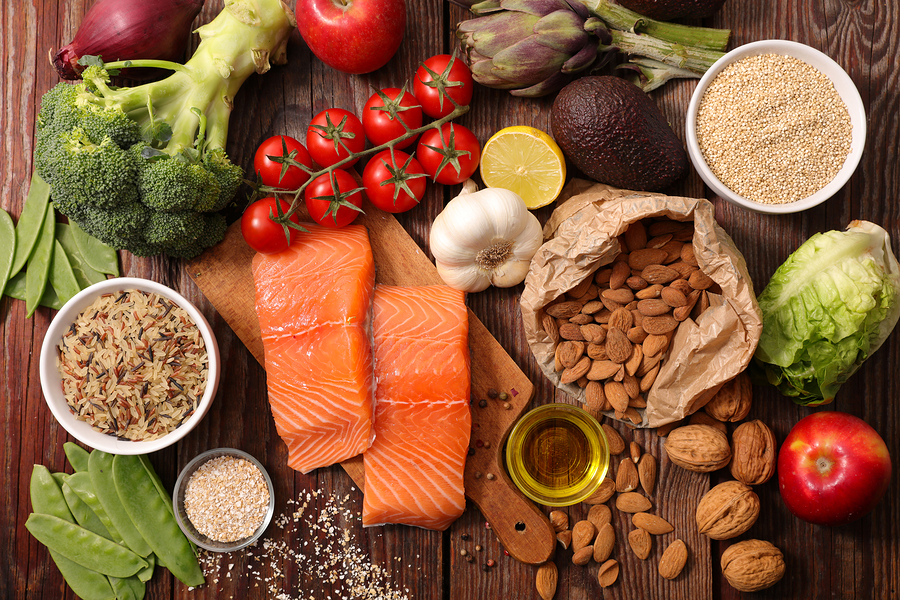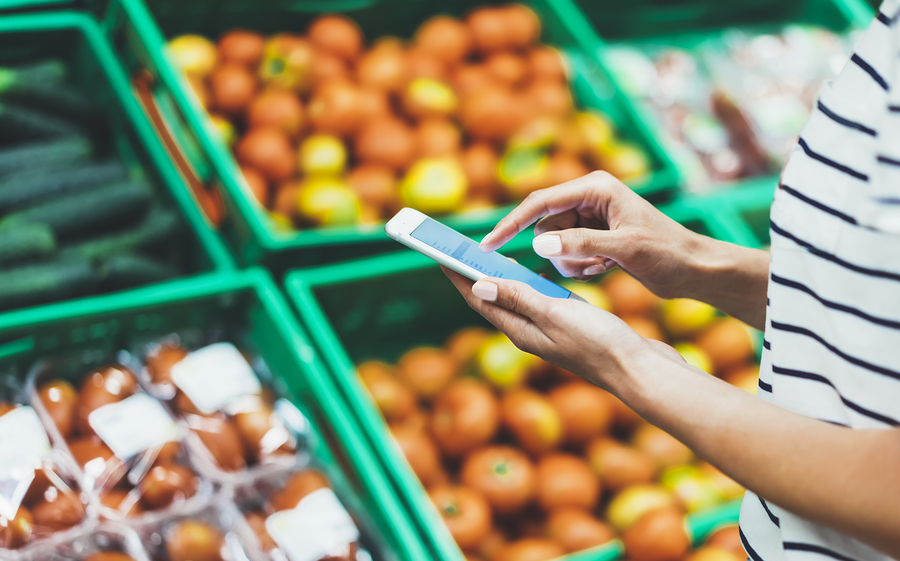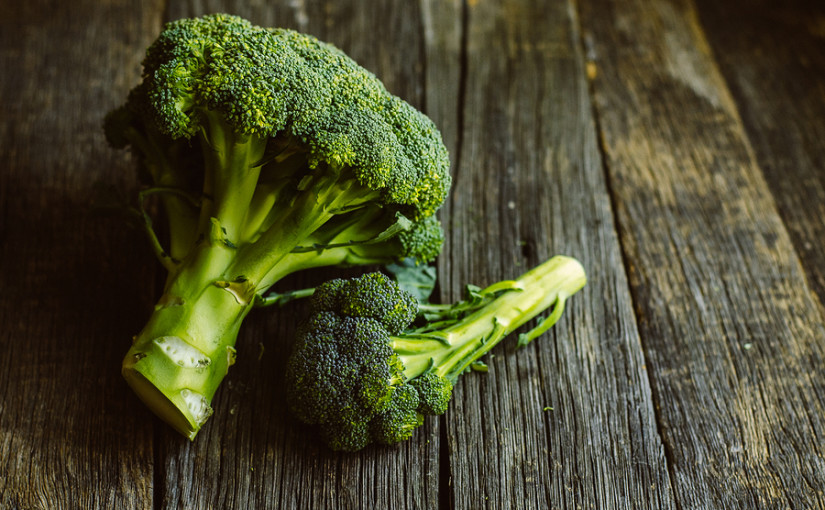We could all stand to make our food go further, whether as an attempt to make better use of our household budgets, reduce food waste, or just keep the bins emptier between collection dates.
But what are the tricks of the trade when it comes to sustainable food consumption – and how can they help you to cut your food waste?
Portion control
A little portion control goes a long way, and while nobody’s suggesting restaurants start serving up meagre portions, there’s no need to go over the top for the sake of diners leaving food untouched on their plates.
When cooking for yourself and your household, make as much as you think you’ll need, and no more; you can always snack on something healthy like a piece of fruit later.
If you do have leftovers, try to use them either in the next day’s meals, to snack on later in the evening, or in the case of restaurants, offer a doggy bag to the customer.
Choose your ingredients

Some foods naturally keep for longer than others, and many vegetables can even be kept at room temperature, as long as they are in a dark and reasonably cool place.
Fruit and vegetables are also naturally protected by their outer skin – so there is less need for packaging.
Where possible, buy fresh, unwrapped ingredients, and only add essential wrapping to keep them fresh until you use them; you’ll save on packaging waste, and by avoiding huge bulk bags, you’ll cut down on unused excess ingredients too.
Divided disposal
The way you dispose of your unavoidable food waste can have a big effect on its environmental impact, and it goes beyond just throwing all food waste in the same bin or skip.
For instance, vegetable matter – especially if it’s uncooked peelings or leftover ingredients – can be used in compost heaps or as animal feed, whereas this can be made impossible if it is contaminated by rotting meat.
As unpleasant as it might be to think about it, a bit of forethought can keep the less useful food waste out of the main bin, so that the rest can be put to good use with minimal processing required.
Share the wealth

Some businesses – notably supermarkets – have quite large unavoidable food waste, so it’s important to be pragmatic about disposing of it.
Heavy discounts for on-date produce are a last-ditch attempt to make some money back, while local food banks and homeless charities may be able to distribute unsold goods to people who desperately need them.
Meanwhile in restaurants, daily specials are often used to get rid of excess ingredients, and by offering these at a very good price, or to regular customers first, you can build some extra diner satisfaction too.
Grow your own
A vegetable patch is a great way to grow your own food – yes it’s seasonal, but you can pick only as much as you need and base your meals around whatever’s ripe and ready.
There’s no packaging waste, and any vegetable food waste can be put on your compost heap and turned back into nourishing fertiliser for your next crop.
In this sense, home-grown food is a closed-loop approach to sustainable food, with little to no waste, and environmental benefits that mount up year on year.
